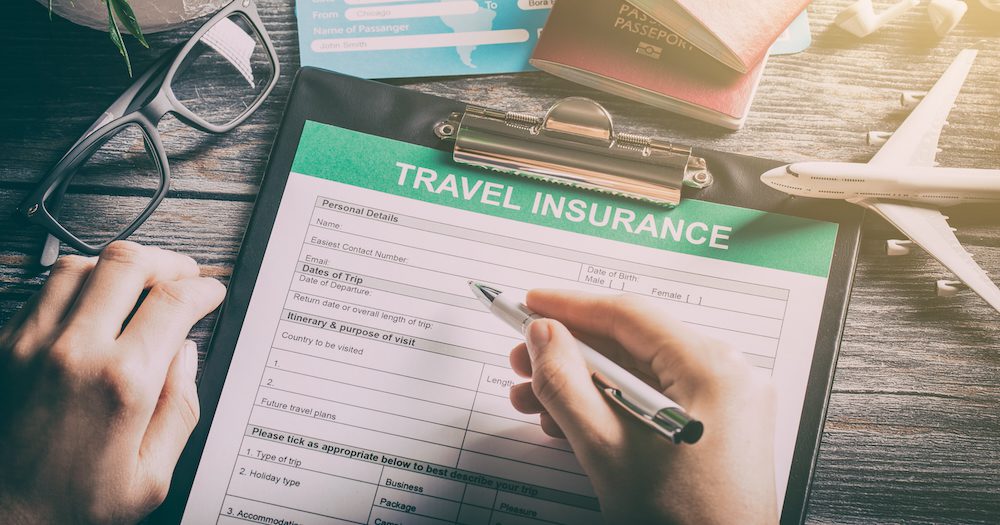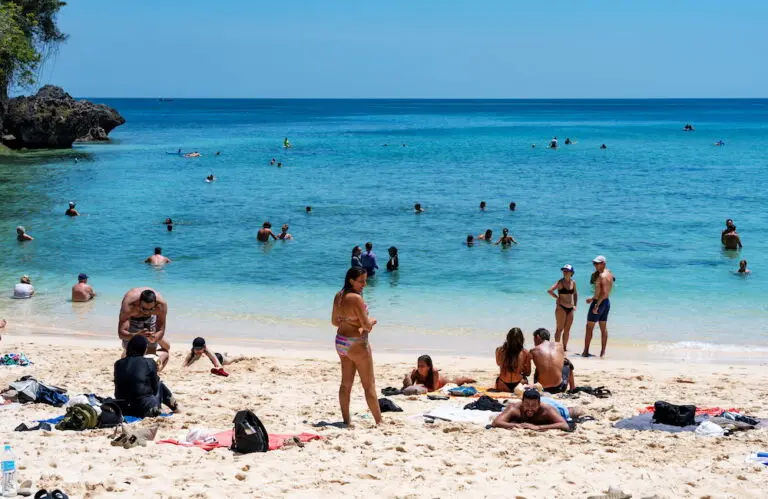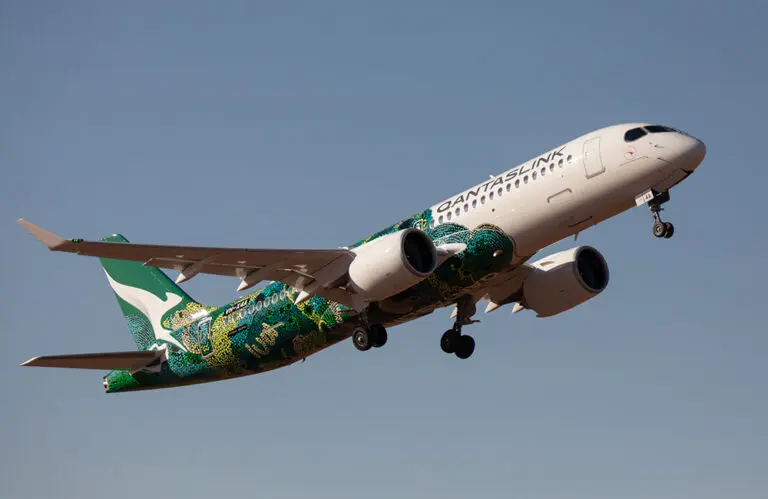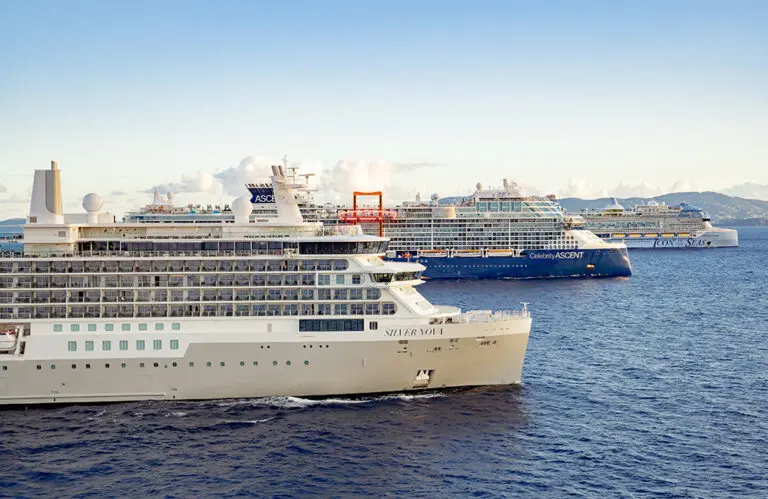The Department of Foreign Affairs and Trade (DFAT) has issued new advice for any Australians considering travelling abroad for medical tourism – a sector of travel that has continued to grow in recent years.
On its Smartraveller website, DFAT says that many Australians travel abroad for medical treatment to save money or seek treatments not available in Australia.
However, it stresses the importance of conducting thorough research before making a decision and urges travellers not to base a choice solely on cost.
It also warns that minimum healthcare standards in some places can be low – and can differ between regions, hospitals and medical professionals within each country.

Before travelling, DFAT recommends travellers:
- Consult with their doctor in Australia about their plans and seek their advice.
- Get a health check at least six weeks before their trip.
- If they decide to proceed, carefully select where and by whom the procedure will be done to minimise risks.
On top of this, more specifically, it urges travellers to:
- Research the healthcare system of their destination.
- Look into the reputation of the hospital plus see if there are reports of antibiotic-resistant bacteria.
- Check if the surgeon is qualified and accredited as well as research their reputation and the experience of past patients.
- Make sure the hospital and doctor have indemnity and malpractice insurance.
According to Smartraveller, the most common procedures Australians go overseas for are:
- Cosmetic surgery
- Dentistry
- Heart surgery
- Fertility treatments
- Surrogacy
- Gender affirming surgery
- Stem-cell therapy
- Cancer treatments
Risk vs reward
Regarding risks associated with overseas medical tourism, there are many considerations, DFAT says.
“If your procedure goes wrong, you may end up with a new or worse problem. It could cost more to fix it,” Smartraveller states.
“If you have complications they can’t treat overseas, you may need medical evacuation back to Australia. This can cost hundreds of thousands of dollars.”

In case something does go wrong, DFAT recommends travellers take someone with them – for support and possible decision-making.
It also advises Aussies to take out the right type of coverage, as basic travel insurance policies rarely include medical tourism.
“Get a specialised policy that covers the costs of your procedure,” the government warns.
In addition to this, travellers should ask their insurer about post-operative care, complications and medical evacuation.
Sadly, many Aussies aren’t even taking out any insurance, with new DFAT research revealing one in six Australians (16 per cent) are travelling abroad without any coverage.

What can DFAT do?
When it comes to government assistance, the department warns that it can only contact families in Australia (with permission) and provide a list of local hospitals and doctors who speak English as well as English-speaking local lawyers.
It cannot:
- Pay medical expenses, evacuation or legal costs.
- Get travellers out of trouble or jail if they can’t pay their bill.
- Represent travellers in legal cases or intervene in local legal processes.
- Recommend hospitals or surgeons for procedures.






